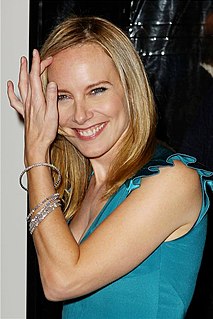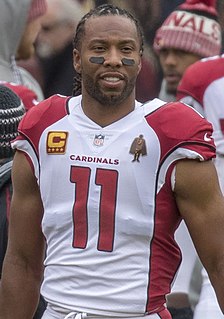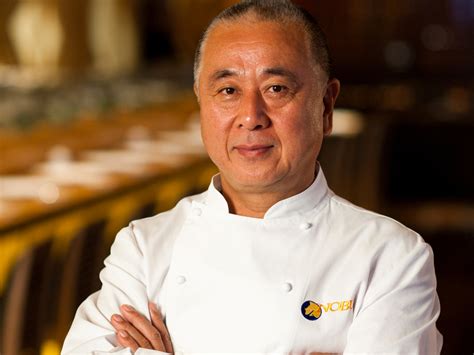A Quote by Amy Ryan
I enjoyed learning something and, uh, so I think like with anything in life, in the schoolroom in an artistic endeavor, if you have just a really good teacher, it's inspiring. I certainly use, in my work, I mean, I used to rely heavily on imagery. I was obsessed with this photograph that was in the NY Times of a fish engulfing a smaller fish and this smaller fish had this look in its eyes; it knew what was about to happen and, I don't know how they ever captured such an image, but I've used that for a play I (did). It's called "Saved."
Quote Topics
About
Anything
Anything In Life
Artistic
Captured
Certainly
Did
Endeavor
Engulfing
Enjoyed
Ever
Eyes
Fish
Good
Good Teacher
Had
Happen
How
Image
Imagery
Inspiring
Just
Knew
Know
Know How
Learning
Life
Like
Look
Mean
Obsessed
Photograph
Play
Really
Rely
Saved
Smaller
Something
Teacher
Think
Times
Use
Used
Work
Related Quotes
So, eventually, he made one final arrangement with himself, which he has religiously held to ever since, and that was to count each fish that he caught as ten, and to assume ten to begin with. For example, if he did not catch any fish at all, then he said he had caught ten fish - you could never catch less than ten fish by his system; that was the foundation of it. Then, if by any chance he really did catch one fish, he called it twenty, while two fish would count thirty, three forty, and so on.
[Writing is like fishing]. You don't bow because you made the fish. That's the difference. If you know that, then you bow for your labor.You crafted, you worked, you put in those hours so that you could catch that fish. But you didn't make that fish. You just caught the fish. That will help you stay humble and bow for the right reason and be very lucid about the work you do.
You can hover in the air if you want, or you can push off of something and glide through the air - just like a fish. I also think it is like being a fish, since you can catch food in your mouth easily because it is suspended in the air - just like when you put fish food in a tank - the fish swim up to it, open their mouths, and eat the food.
Increasingly, we will be faced with a choice: whether to keep the oceans for wild fish or farmed fish. Farming domesticated species in close proximity with wild fish will mean that domesticated fish always win. Nobody in the world of policy appears to be asking what is best for society, wild fish or farmed fish. And what sort of farmed fish, anyway? Were this question to be asked, and answered honestly, we might find that our interests lay in prioritizing wild fish and making their ecosystems more productive by leaving them alone enough of the time.




































